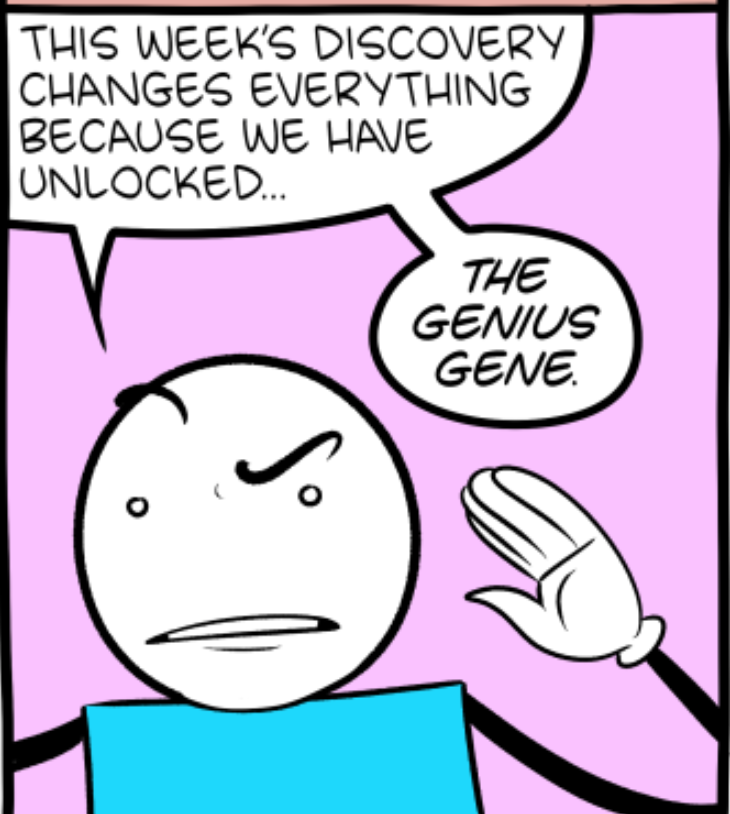Helen Rosner, "A Haunting New Documentary About Anthony Bourdain", The New Yorker 7/15/2021:
It’s been three years since Anthony Bourdain died, by suicide, in June of 2018, and the void he left is still a void. […]
In 2019, about a year after Bourdain’s death, the documentary filmmaker Morgan Neville began talking to people who had been close to Bourdain: his family, his friends, the producers and crew of his television series. “These were the hardest interviews I’ve ever done, hands down,” he told me. “I was the grief counsellor, who showed up to talk to everybody.” […]
There is a moment at the end of the film’s second act when the artist David Choe, a friend of Bourdain’s, is reading aloud an e-mail Bourdain had sent him: “Dude, this is a crazy thing to ask, but I’m curious” Choe begins reading, and then the voice fades into Bourdain’s own: “. . . and my life is sort of shit now. You are successful, and I am successful, and I’m wondering: Are you happy?” I asked Neville how on earth he’d found an audio recording of Bourdain reading his own e-mail. Throughout the film, Neville and his team used stitched-together clips of Bourdain’s narration pulled from TV, radio, podcasts, and audiobooks. “But there were three quotes there I wanted his voice for that there were no recordings of,” Neville explained. So he got in touch with a software company, gave it about a dozen hours of recordings, and, he said, “I created an A.I. model of his voice.” In a world of computer simulations and deepfakes, a dead man’s voice speaking his own words of despair is hardly the most dystopian application of the technology. But the seamlessness of the effect is eerie. “If you watch the film, other than that line you mentioned, you probably don’t know what the other lines are that were spoken by the A.I., and you’re not going to know,” Neville said. “We can have a documentary-ethics panel about it later.”
Read the rest of this entry »


